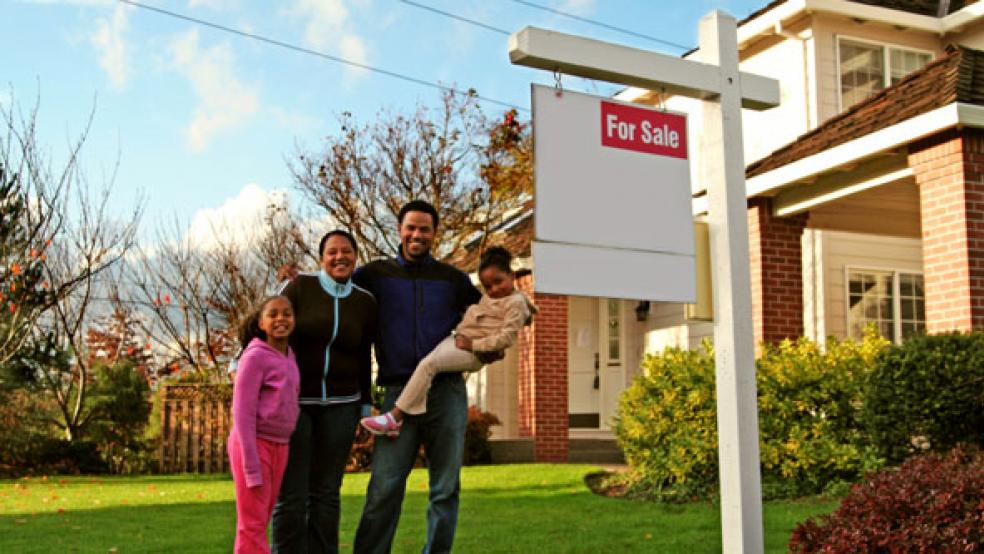Housing is recovering in sales and prices, but one segment is stubbornly weak and getting weaker. The share of first-time buyers fell to the lowest level in nearly three decades, just 32 percent of all purchases, according to the National Association of Realtors' annual profile of buyers and sellers. Investors are not included in the survey.
At the same time, the share of buyers saying their primary reason for buying was the simple desire to own rose overall and most dramatically among first-time purchasers.
"There are several reasons why there should be more first-time buyers reaching the market, including persistently low mortgage rates, healthy job prospects for those college-educated, and the fact that renting is becoming more unaffordable in many areas," said Lawrence Yun, the Realtors' chief economist. "Unfortunately, there are just as many high hurdles slowing first-time buyers down. Increasing rents and home prices are impeding their ability to save for a down payment, there's scarce inventory for new and existing-homes in their price range, and it's still too difficult for some to get a mortgage."
Related: It Costs More to Purchase a Home This Week, Thanks to Janet Yellen
Debt was the primary reason cited by first-time buyers for the delay in home ownership. They said debt kept them from saving for a down payment for at least three years. More than half of those citing debt pointed to student-loan debt as the main culprit.
While debt continues to stall younger buyers, their attitude toward home ownership appears to be making a dramatic move. Sixty-four percent of first-time buyers surveyed said their primary reason for purchasing was the "desire to own." That is up from 53 percent just one year ago. For repeat buyers, ownership tied with the desire for a larger home. The view of home ownership as a good investment also moved slightly higher to 80 percent; 43 percent of those surveyed said they see housing as a better investment than stocks.
The report comes as the home ownership rate in the United States sits at the lowest level in a half century, 63.4 percent. It did, however, stop falling in the third quarter, the first time that has happened in two years.
Cash is still playing an outsized role in the housing market today. While the majority of buyers do finance their homes with mortgages, that share dropped slightly in the latest survey. Nearly half of first-time buyers said the mortgage applications and approval process was more difficult than they expected.
Related: The 11 States with the Hottest Housing Markets
The average FICO credit score for those getting a mortgage is historically high today, but more borrowers are getting approved, according to an analysis released Thursday by Zillow. Loan approvals are especially improving among middle-income black and Hispanic applicants, although they still lag the overall market.
A few things that have not changed in housing — the median age of buyers (31), sellers (54), and the share of multigenerational households buying (13 percent), according to the Realtors survey. Builders have been focused on what they see as growing multigenerational housing demand, adding separate entrances and second kitchens.
Today's buyers are using the websites and mobile apps at an ever-increasing pace to find their potential purchases. They are also moving faster, buying in an average 10 weeks compared with 12 between 2009 and 2013. The median time on the market for recently sold homes stayed at four weeks for the second-straight year. This is far less time than historical norms and is due to the still very low inventory of homes for sale that plagues most of the country.
Related: The Mortgage Market is Heating Up, but Only for Some Borrowers
Rising home prices are giving sellers bigger equity gains and consequently bigger sale profit. More buyers are also seeking larger homes again, and slightly more are heading to the suburbs to buy. The market continues to be dominated by married couples who are seeing their household income increase. The share of single female buyers, while higher than male buyers, dropped to the lowest level in 14 years.
This piece originally appeared in CNBC. Read more from CNBC:
Another drug stock tanks on Citron short threat




